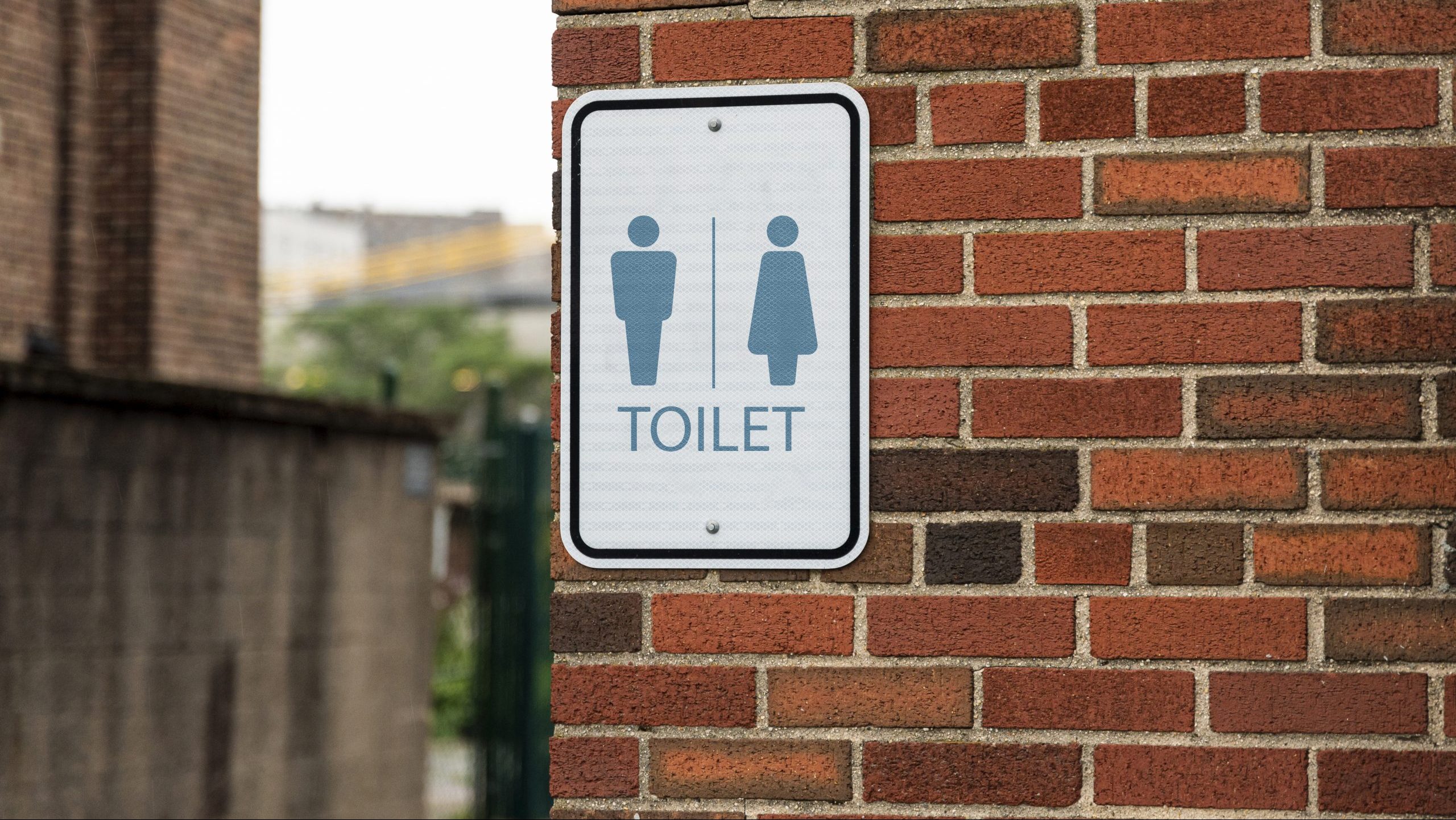SINGAPORE: A recent nationwide study by the Singapore Management University (SMU) revealed the state of public toilets in Singapore. The SMU study reveals coffee shop toilets in Singapore are still as dirty as they were 3 years ago, as reported by Channel News Asia. The study, which assessed 1000 toilets, discovered that the hygiene conditions remain subpar, with toilets near cooking facilities standing out as the dirtiest.
According to the findings, one in four individuals would rather “hold it in” than use these unsanitary facilities. The study highlights significant challenges, with toilets in coffee shops particularly notorious for stained floors, inadequate ventilation, and hygiene essentials, such as toilet paper and soap. Additionally, toilets in these establishments often suffer from poor lighting, creating an unpleasant user experience.
Principal Lecturer of Statistics at SMU, Rosie Ching, commented on the “warful state” of these public facilities, stating, “When you enter, you have stained floors, wet floors, and oily floors, and they are usually relegated to small areas that are rather dark, poorly lit, and poorly ventilated, absent to inadequate ventilation. Sometimes you have footprints on the seats, or you have stuff inside the toilet bowl that one might expect to have been flushed away long ago.”
Ms Ching emphasized these issues, including the absence of toilet paper, dirty sinks, stained mirrors, and grimy seats, making toilet visits challenging for customers in food establishments like hawker centres and coffee shops.
Jack Sim, CEO and founder of the World Toilet Organization, joined the discussion from São Paulo, Brazil. Expressing his lack of surprise at the study’s results. Mr Sim highlighted the longstanding struggle to improve hygiene in public toilets. He emphasized that the responsibility often falls on coffee shop owners, who, unlike shopping centre owners, may view cleanliness as an unnecessary expense.
He stated, “The users are the same as the shopping centre, and if shopping centres are clean is because the owners saw it as a revenue generation and they’re responsible. The coffee shop, on the other hand, says that if it’s dirty, it’s better because I can save money. I don’t have to clean it, and nobody use it; I save water.” Mr Sim called for government enforcement, stating, “I think this attitude can only be solved by the government enforcement.”
Mr Sim drew attention to the reluctance of coffee shop owners to renovate their toilets, despite how the government “gave 1,200 coffee shops a 90% grant to renovate their toilet and only 40 pick up the offer.” He noted that while the hygiene level in hawker centre toilets has improved, coffee shop toilets remain neglected. He added, “I think we have invested for F1 and a livable city, and Singapore is really winning in every count except the coffee shop toilet.”
Ms Ching discussed her study’s methodology, involving students divided into groups tasked with assessing toilets in various Community Development Council Districts. These “toilet warriors” conducted fieldwork, examining the extent of the problem and interviewing customers and workers in these establishments.
On the other hand, Mr Sim emphasized the danger of poor hygiene in coffee shop toilets, where pathogens can contaminate food. He called for increased government intervention and stressed the need for coffee shop toilets to match the cleanliness standards of shopping centres.
In response to the hygiene crisis, Ms Ching named the study “Waterloo,” symbolizing the battle against dirty public toilets. She highlighted her students’ commitment as “comrades in arms” in the fight against unsanitary conditions.
Ms Ching and Mr Sim agreed that a change in attitude, not only from coffee shop owners but also from users, is crucial. Mr Sim argued that blaming users is ineffective, as the majority behaves responsibly. Both experts echoed the sentiment that government intervention could be the key to prompting necessary improvements in public toilet hygiene. As more than 91% of surveyed individuals called for a major overhaul, the study signals a pressing need for concerted efforts to improve Singapore’s public toilet standards. /TISG

